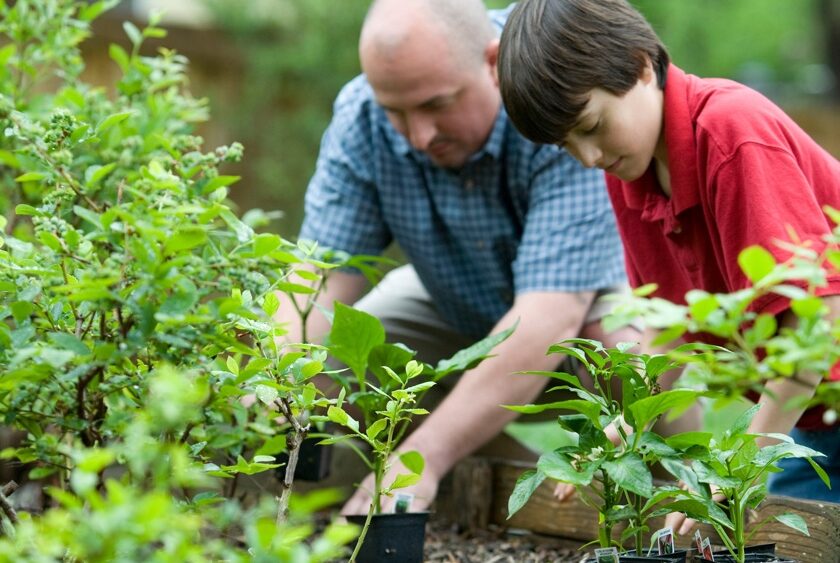By BARB MARTOWSKI, guest writer and editor
This past spring, I helped out in a garden centre for a few months and what an enjoyable time it was. One of the best things about the job was answering customer questions. Whether it was helping them select plants for certain zones and soil conditions or sharing tips on keeping the aphids at bay, it was always a pleasure. And what I couldn’t answer, we would check in with the site with all the answers – Google.
One particular Saturday afternoon, a lady asked me if I knew anything about growing vegetables. I replied yes, depending on which vegetables she was interested in. She began asking about tomatoes, squash, peas, lettuce and various herbs. Admittedly I was curious, as virtually everyone I know grows vegetables and/or herbs, regardless if it’s container gardening on a balcony or patio, or a full on backyard garden.
After answering a few her questions, I asked if this was her first time growing a vegetable garden. I was slightly surprised when she said yes, but more so, when she said the garden wasn’t for her, it was for her 10 year-old son.
Not quite as expected
The family had moved from a large city and never had the opportunity for traditional yard gardening. New home, new yard, new school. She said her 10 year-old son had been acting up lately and as a punishment, she had him weeding the flower beds. She went on to explain that her son had autism and was having a tough time adjusting to his new school. But his weeding duties turned out to be, not so much a punishment, but a bit of a miracle.
She told that when he came in, he was smiling and told her that he loved “gardening,” that it “quieted his mind” and he wanted to know if he could do more. So while she was hitting the gardening centre, her husband was building raised garden beds around the perimeter of their backyard.
She left with a very full cart, gardening soil and compost, some websites on vegetable gardening to check out, plus she promised to bring her son in so he could select some plants on his own. What really made me smile was how excited she was as they would be learning together. It’s amazing the power a garden can have.
Gardens without Borders
I’ve thought about her and her son quite a bit. Thought about myself as well, and how much I enjoy gardening, the relaxation of it (unless it’s 30C and muggy) and watching everything grow. All of which led my thoughts around to Gardens without Borders, a not-for-profit organization based at Innisfree Farm and Botanic Garden, which provides healing opportunities through plants and gardening.
Better known as horticultural therapy, the programs provide healing opportunities through gardening, plants and the natural world, and are helpful to anyone looking to improve their health and well-being, including physical, mental, emotional, spiritual, vocational and creative health. The programs are especially beneficial for veterans, at-risk youth, people with disabilities and those suffering from emotional distress.
If you would like to learn more about Gardens without Borders and horticultural therapy, check out this interview with Chanchal by the Canadian Horticulture Therapy Association. If you would like to talk directly to Chanchal about programs at the farm, she can be reached at 250-336-8767.
